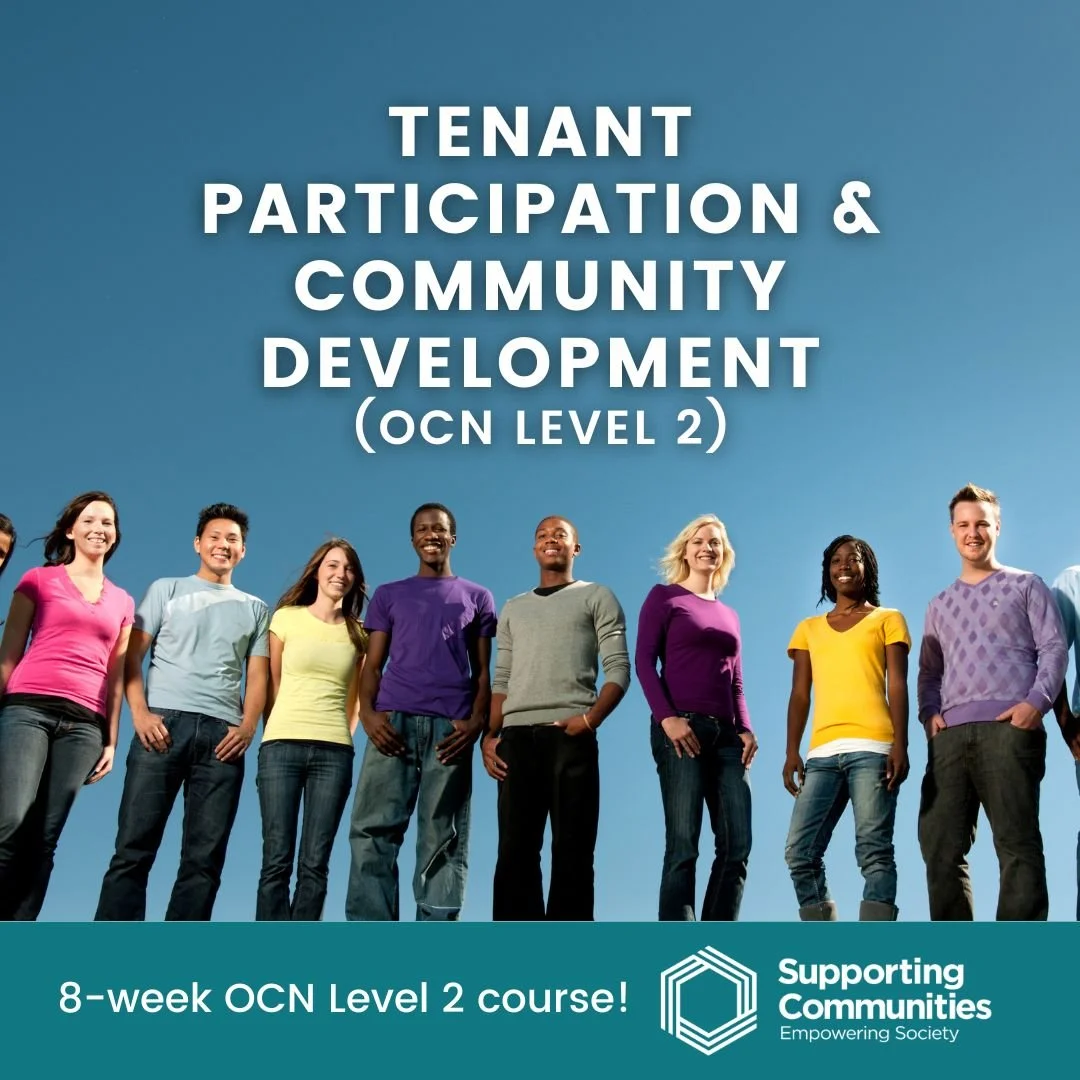Housing sector realises more than ever the importance of listening to residents
/Colm McDaid, Chief Executive, Supporting Communities
As Rethinking social housing Northern Ireland continues to get underway, steering group member Colm McDaid encourages tenants and residents to make their voices heard.
I am delighted to be involved in Rethinking social housing NI and sit on its steering group. Not only so I can offer a personal contribution, but so I can advocate on behalf of the people that really matter in this important conversation and debate. Namely, the residents who make up our communities – be they owner-occupiers, private renters or of course social housing tenants, past and present.
I grew up in ‘council housing’ in the 1970’s and early 1980’s. I can speak personally to what social housing meant for me and my family. We moved from a rural setting outside of Omagh where we had no running water. High unfitness levels were quite typical of a country dwelling at that time.
When we moved into a Housing Executive house in 1973, it changed our lives for the better. The impact of living in a nice modern house with all its comforts – being within walking distance to the town, schools and amenities – was dramatic.
But I still remember, in particular, the real sense of community that surrounded us.
For me, this is still the role of social housing – changing people’s lives for the better. Social housing shouldn’t be seen as a ‘last resort’ but as a tenure of choice, whether the homes are provided by the Housing Executive or one of our housing associations.
Rethinking social housing and the important questions it asks is very timely for our local context. It’s nearing 20 years since ‘Building on success’ – when we last engaged in a similar consultation exercise within the sector.
The Department for Communities’ (DfC) social housing reform programme promised much in terms of reshaping the way social housing is delivered, but it has found itself in a cul-de-sac.
If we add other important and topical issues such as affordability; shared housing; who should provide social housing; Housing Executive investment needs; and the sustainability of tenancies and communities, then this research project is not only timely but long overdue. I commend CIH Northern Ireland for coordinating it.
As chief executive of Supporting Communities, I am in the fortunate position that we work with all social housing providers in NI through our appointment as the independent tenant organisation to support the implementation of DfC’s tenant participation strategy.
We support over 500 tenant, resident and community groups to varying degrees across all sections of our community. I see first hand the wonderful and crucial work delivered by volunteers and their committees to help improve the quality of life in their communities.
These same volunteers also provide an invaluable role to our social landlords, helping to improve service delivery as well as drive efficiencies.
As part of this research, I would ask tenants and residents to consider one further question – would you like to become even more involved in working with your landlord?
There are many examples in England, Scotland and Wales where tenants and residents actually manage their estates but this level of tenant empowerment hasn’t been embraced here to date. It would, therefore, be useful, through this research project, if we could ascertain whether there is an appetite for this level of tenant involvement and engagement.
In the aftermath of the Grenfell tower fire tragedy, the housing sector realises more than ever the importance of listening to the people who really matter.
I am glad this research will provide Housing Executive and housing association tenants, owner-occupiers and private rented tenants with a platform, through regional workshops and an online survey, to have a say and help shape future social housing policy.
It’s now over to you!
Get Involved
- Get involved in Rethinking social housing NI - have your say as an individual by taking our short poll, or register to participate in a workshop in Derry (12 Apr), Belfast (17 Apr) or Dungannon (2 May).
- Find out more about Rethinking social housing NI.












